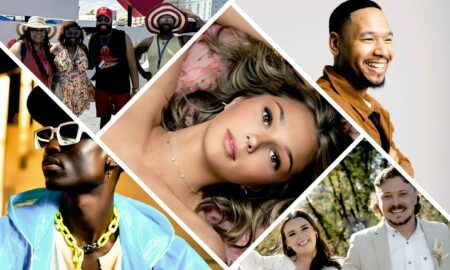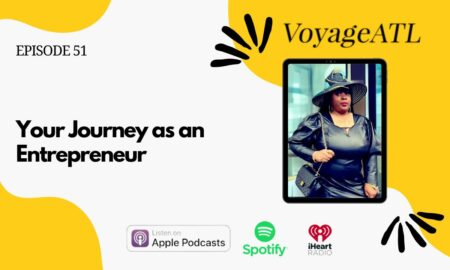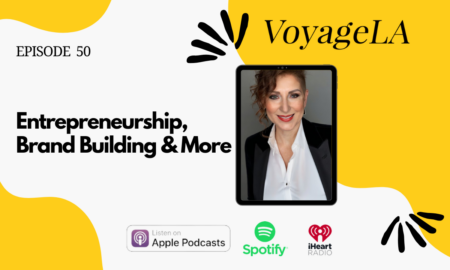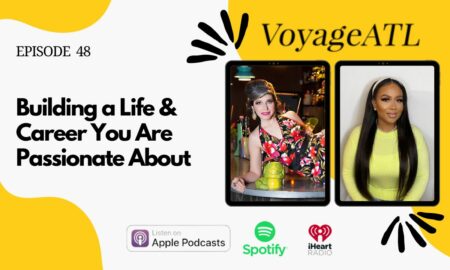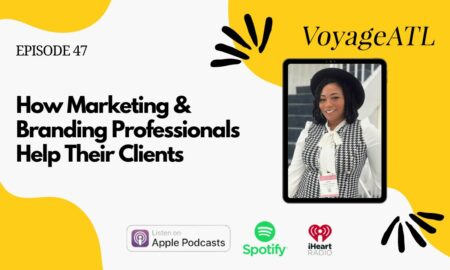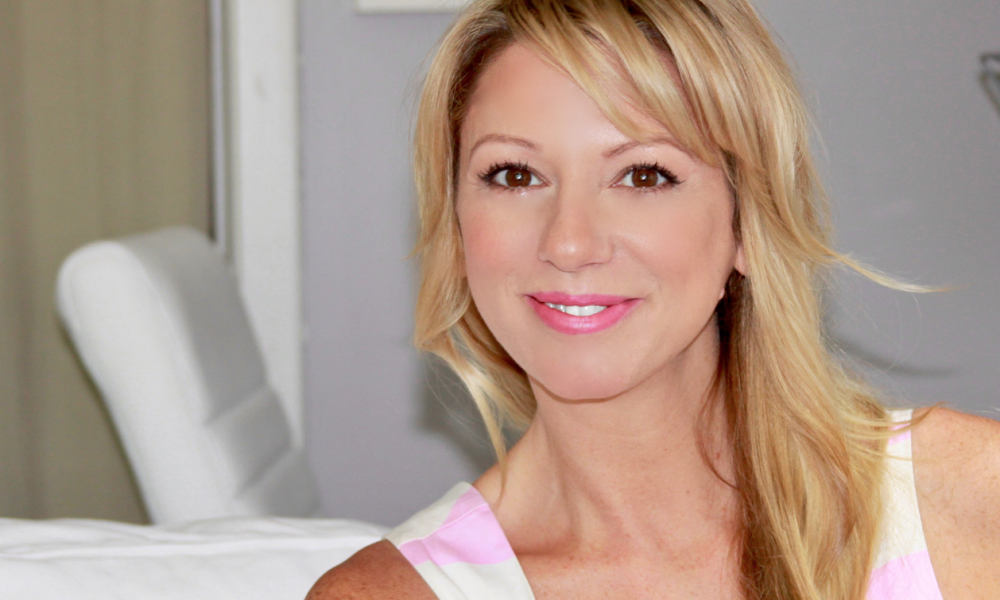

Today we’d like to introduce you to Abigail Unger.
Thanks for sharing your story with us Abigail. So, let’s start at the beginning and we can move on from there.
My decision to become a hairstylist happened in an unusual way. I have always been an activist for women’s rights and my undergraduate focus was on gender identity. While at college in Vermont, I worked for a women’s organization in Burlington’s City Hall where I learned how the law doesn’t always protect women, especially in times of crisis which caused me to rethink my plans of becoming a civil rights lawyer.
Gender was the lens I used to interpret literature, art history, psychology, religion, and the Eastern traditions because I saw how our beliefs about gender influenced the well-being of a society. When I decided to choose a different career I searched for the attributes present in history where women thrived. Self-expression stood out to me as the most important, so I sought a career where I would be in service and support in the self-expression of women. As we know, for women, this has not always been a right and for many women, it is not today.
So, I asked myself, what would be a more suited alternative to the law? Strangely, I received the message or had the epiphany, I could contribute to the self-expression of women through hair.
Having a background in feminist thought, immediately, I saw this as an opportunity to continue having the conversation with women about image and somehow help repair what had been defragmented by constructed images and portrayals of women. In more simple terms, be the hands and hold space for women express themselves in their own terms.
I’ve always been fascinated by the threads connecting human experience. Our connection to hair is ancient and in my studies, I had been aware of how often hair presented itself. In Yoruba (ancient Nigeria) for example, they believe how you wear your hair is a direct representation of your mind. If a person’s hair was not looked after or braided, it signaled a person was not well, perhaps ill or depressed. Hair and hairstyle were integral in communication. I believe it still is for all of us.
I’m my early twenties I didn’t have all the pieces of how this would come together, but I trusted whatever was leading me in this path. It felt a perfect fit and so much more inviting then law school.
After college, I attended the Aveda Institue of Minneapolis. Next stop Manhattan, where I began a two-year apprenticeship under Nick Arrojo earning $5.25 per hour on 57th St.
We’re always bombarded by how great it is to pursue your passion, etc. – but we’ve spoken with enough people to know that it’s not always easy. Overall, would you say things have been easy for you?
Desiring to be the master of any craft comes with the simple challenge of always wanting to become better at what you do. You’re always a student and there is never an end. I was fortunate to be under the guidance of Rodney Cutler and Nick Arrojo, two of the best hair stylists in the industry. Rodney once told me, “You’re only as good as your last haircut and color,”. I still follow his advice today. For each guest, from customer service to technical ability, I aim to be better than my last service.
During my apprenticeship after spending several months learning to cut a perfect graduated bob, frustrated and on the brink of tears, I remember telling Rodney, maybe I just didn’t have the natural skills I needed. Though compliments weren’t readily handed out, Rodney assured me I was a career hairdresser. I asked how he knew. He said, “I can tell by the expression on your face when you are behind the chair.” I was still gaining the dexterity in my hands to work in tandem with my shears and Rodney’s words gave me the encouragement to forge on.
My advice to young stylists, find a mentor similar to Nick or Rodney who believes strongly and devotes time to educating young stylists. This will give you a solid understanding of the fundamentals which you can then use to develop your own individual creativity. Apprenticeships are grueling in every way, but the sacrifice early on will reward you for your entire career.
After a long career in Manhattan, I believed the next step in my career would be to start my own salon when I moved to Atlanta. The experience taught me a great deal but mostly veered me off the path which initially inspired me to be a hair stylist. My current studio is completely private and I am with my clients from start to finish, being the ideal and intimate environment for my guests to have a unique experience where they are the center.
So, as you know, we’re impressed with Bespoke Hair Care Studio – tell our readers more, for example, what you’re most proud of as a company and what sets you apart from others.
I am most proud of my continued research in the importance and awareness of self-expression to well being. We focus on health and wellbeing for the body, but not about the health, well being and connection we have to ourselves when we look in the mirror.
The psychological term, normative discontent, describes a normal dissatisfaction with one’s appearance. How and why has this ever become normal? For years behind the chair I have been witness to, and guilty of, the negative self-talk many women have around their reflection. “My face is too round,” “my nose really huge,” “my forehead is so big,” and so on.
The bombardment of digitally altered images has skewed our perception of beauty.
The beauty industry gives us images of women based upon what is deemed as most attractive based in altered, symmetrical perfection of the ideal making uniqueness and what is most beautiful, less than. Beauty standards presented in media have made beauty become to appear the average. There are many rules and exclusions to this kind of beauty and they are strict. In my opinion, the average is boring and though we know these images aren’t real, they still have an impact.
I prefer seeing the unruliness of what is real and though I see beauty in everyone, my goal and specialty are helping women see and embrace their own imperfect beauty. I bring to the surface what they wish to share visually with others, from within. The streak of grey, or crazy curls, freckles or funny shaped nose, is the genetic memory of the one who came before and holds a place for connection.
In addition to all the popular salon services, I offer private workshops and tutorials where I teach hair and make-up techniques to learn how to enhance one’s natural beauty and gain clarity on how a person wishes to be seen from within. These fun tutorials are especially helpful for entrepreneurial women, public speakers and women experiencing a transition in their life. It’s a privilege to be witness to the empowering transformations I see when a person gains certainty around how they wish to be seen by the world in their own terms.
Who have you been inspired by?
My mother, Susan, is the most inspirational woman to me.
As I child I saw her run her own business, completely restore our home in England built in 1842, herd cattle, restore antique furniture, deliver horses, make her evening dresses, sew our curtains, cook a five star Sunday roast, and grow a garden worthy of a magazine cover.
She showed me initially and maybe without conscious, gender is a construct. With effort and determination, grit strength, bravery, and courage I could do anything, especially if after a fall I knew how to dust off my knees.
Contact Info:
- Address: 44 Krog Street
Suite 333
Atlanta, GA 30307 - Website: https://www.bespokehaircare.com
- Phone: 404 775-9070
- Email: Abigail@bespokehaircare.com
- Instagram: https://www.instagram.com/bespoke_haircare/?hl=en
- Facebook: https://www.facebook.com/BespokeHairCareStudio/
- Other: https://www.linkedin.com/in/abigail-unger-789b0734/







Image Credit:
Abigail Unger, Photo of Abigail – Amanda Hall
Getting in touch: VoyageATL is built on recommendations from the community; it’s how we uncover hidden gems, so if you know someone who deserves recognition please let us know here.













